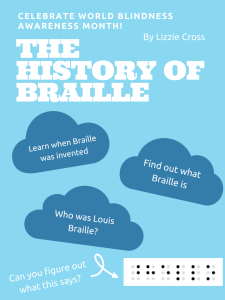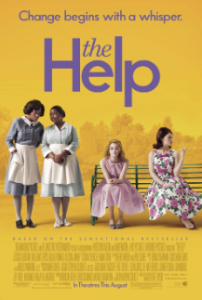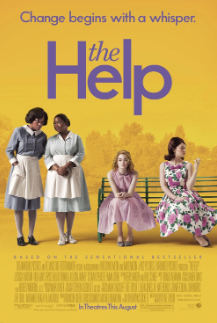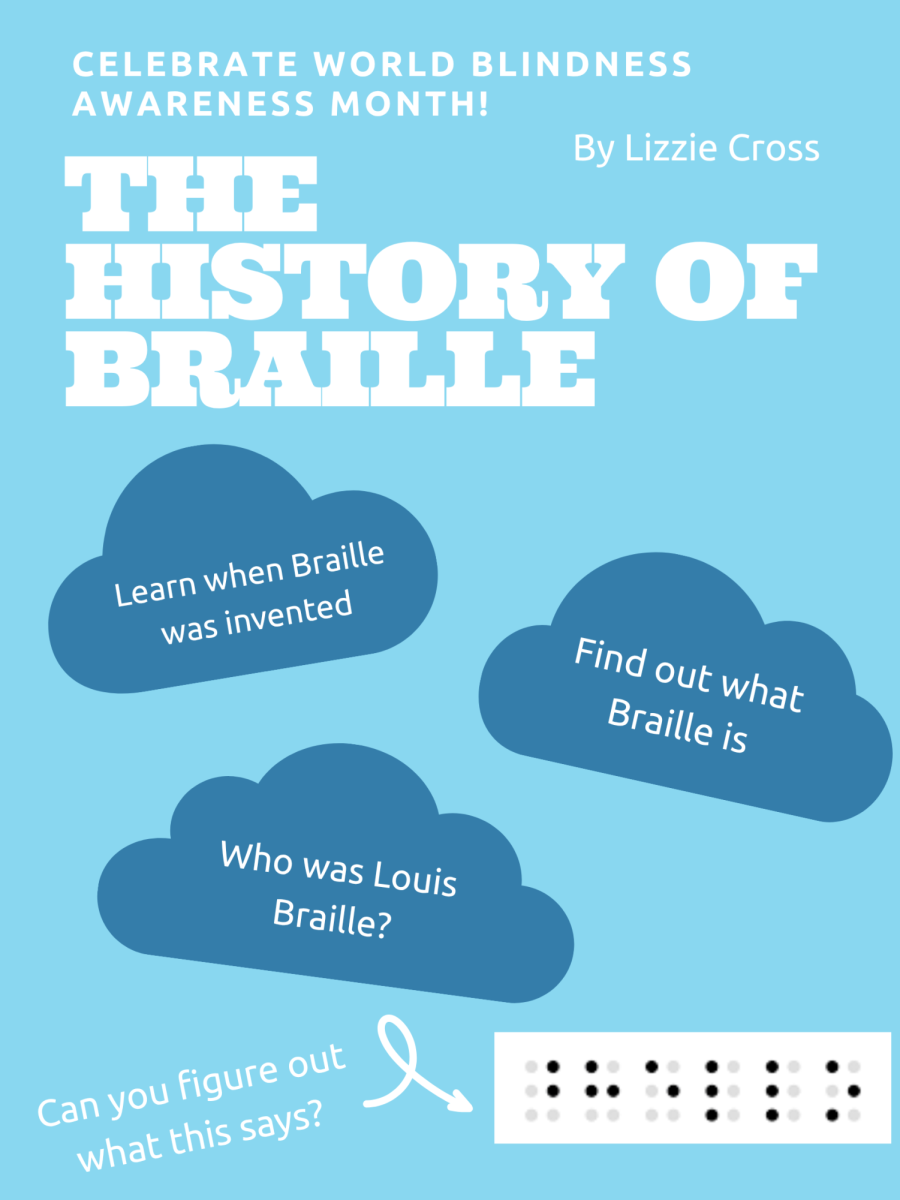As a senior, it often feels like college application deadlines are breathing down your neck; a constant form of anxiety in your day to day life, disrupting your attempts to enjoy your last year of freedom before the reality of adulthood slaps you across the face. These institutions demand every little thing from you; your transcript, an essay, your extracurriculars, your hopes and dreams, and anything else you might have to offer. I often feel incredibly overwhelmed with my college applications, feeling like I have no time to complete anything on top of my schoolwork, extracurriculars, and regular everyday necessities, like eating and sleeping. However, I have recently finished the bulk of my applications and, truthfully, it wasn’t all that bad. After talking to my counselor at the Career and Technology Center (CTC), here are some things I have learned and some tips that have helped me stay calm, cool, and collected during this “life changing” process, so to speak.
Tip #1: Do you even want to go there?
Before applying to a school, you should ask yourself if you even want to live there. There are a lot of factors that could make a university the exact school that fits all of your needs, but there are also attributes that could make those 4 years a living nightmare. Things to consider are geography, housing, opportunities, size, and tuition.
Where a school is located can help when deciding where to apply. Think about the environment you would prefer to live in. Would you prefer to go to a school where “the city is your campus” or live in a closed campus with a small town nearby? The distance a school is from your hometown can help with the decision making process as well. If you think the school is too far away and you’re worried that you’ll spend too much time away from home, that may be a clue to the answer you’re looking for. Housing is another factor often regarded in the decision making process. If you are touring a school and can in no way imagine yourself living there, that school may not be for you. You may also want to consider their accessibility options if that is applicable to you. If a school cannot provide you with the proper amenities, I recommend finding a school that will.
One of the most influential factors, however, are the opportunities. What can that institution offer you? Opportunities can be small, for example, does it have student clubs/organizations? Or what resources do the students have access to? But opportunities can also be large and influential as well, possibilities such as internship programs or networking workshops.
Opportunities can vary from school to school, which also correlates to the size of the school. There are pros and cons to larger or smaller schools. Larger schools tend to have more students, allowing them to allocate more funds, which in turn, brings more opportunities. The downfall of a larger university, however, is that it is very easy to fall into the crowd and not get the most from your college experience when you are one in 4,000 students. Smaller schools allow for more one-on-one time with your professors, but may not offer as many opportunities for what you may need in your career. Deciding on what suits you best can help when picking schools to apply to.
There is often a lot to consider when deciding whether or not you should apply to a certain school, which is why you should start small. By thinking about you and your needs, you can find the school that’s just right.
Tip #2: How do I go about getting a letter of recommendation?
So now that you’ve narrowed down what schools you want to apply to, it’s time to fill out those applications.The application process itself is not entirely complicated. Just stay on top of things. Deadlines come up faster than you’d think and it’s important to make sure you are prioritizing your time wisely. Yet, while the application process is easy, asking for letters of recommendation can get kind of complicated.
The first thing you should consider is who you want to write your letter. It is best to pick somebody who knows you well and can speak to your character as well as somebody who knows you now, not somebody who knew you years ago.
The next step is to fill out the Senior Information Survey on Xello. In this survey, take the time to acknowledge any accomplishments you have made and personal strengths you may exhibit. Also include anything that is unique to your character that could make you stand out. This is for your recommender to use as a reference when writing your letter, to make sure they are including the most accurate information.
The most important step is to ask in-person. Before sending the request over, have an in-person conversation with this individual. Explain to them what you are applying for and why you want them to write your letter. Once you have alerted them, send the request through Xello. Your recommender should get a request via email, but you should also inform them by either sending a message or mentioning it in person. Be sure to give a 2 weeks notice before your application deadline out of common courtesy for your recommender.
Now that your letter is being written, it’s okay to check in with your recommender for an update if you’re still waiting to hear back. A nice, gentle reminder can sometimes help clear up any miscommunication and make the process go smoother. But what happens after they submit your letter? Share your appreciation with a “thank you!” An email is nice, but a handwritten note or an in person conversation is encouraged. And be sure to check back in with your recommender if you hear back from your schools with good news!
Tip #3: What’s the deal with scholarships?
Everybody knows college is expensive. The Free Application for Federal Student Aid (FAFSA) is a great opportunity and can help in many ways. However, there are other ways to waive tuition costs.
One of those ways is scholarships. But how do you go about them? Well, let’s go over the basics. Firstly, there are two main types of scholarships: Private and Institutional. Private scholarships are awarded by private organizations like foundations or businesses. Institutional scholarships, however, are awarded by the school you’re applying to. There are also two main types of eligibility: Need-Based and Academic & Merit. Need-Based scholarships are based on financial needs determined by the FAFSA. For Academic & Merit scholarships, academic and extracurriculars are taken into account when determining who is awarded the scholarship.
How do you qualify? Some scholarships may require you to fill out the FAFSA application, but others may be listed in your acceptance letter. Private scholarships may have their own application process and qualifiers that you need to consider when applying for scholarships. Some helpful tips for the application process are as follows; organize each scholarships’ deadline to stay on top of things, create a resume of your accolades/accomplishments, collect letters of recommendation, and write a versatile essay that can mold to any prompt. Deadlines are usually during your senior year from around October through March.There may be some scholarships that become available before that, so make sure you keep your eyes peeled for any opportunities coming your way.
Here are some questions to keep in the back of your mind after receiving a scholarship or when deciding which to apply for; is this scholarship renewable next semester? Next year? All 4 years? Do I meet the minimum GPA required to maintain this scholarship? Am I taking enough credits to receive this scholarship? If I take time off school, can I defer this scholarship when I come back? Will this scholarship stay with me if I transfer schools? Scholarships may seem like extra work that you need to complete before going off to college, but it’s important to remember that they can be a huge helping hand at the end of the day.
College applications are scary and this time of year can be a lot for seniors, but hopefully something I’ve written helped to take a little weight off your shoulders. If you still feel lost and helpless, reaching out for help is a great way to clear things up. By talking to a counselor, a friend, or a teacher, you can navigate your way through these crazy, life-changing times, and hopefully set out on the right path for your future. Good luck, seniors, in your college application process! I can’t wait to see where our journeys take us!
LINKS/SOURCES
Things to Consider when deciding which school(s) to apply to
REQUESTING A LETTER OF RECOMMENDATION









































